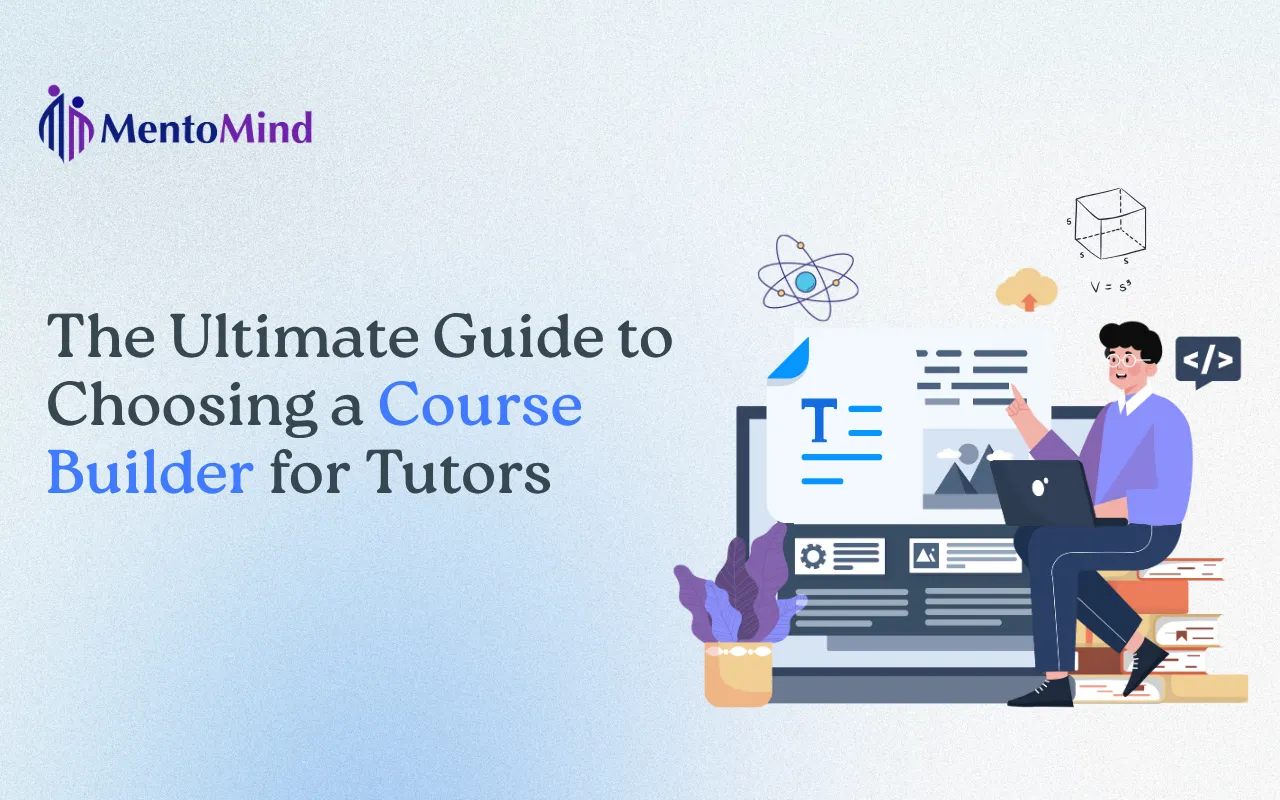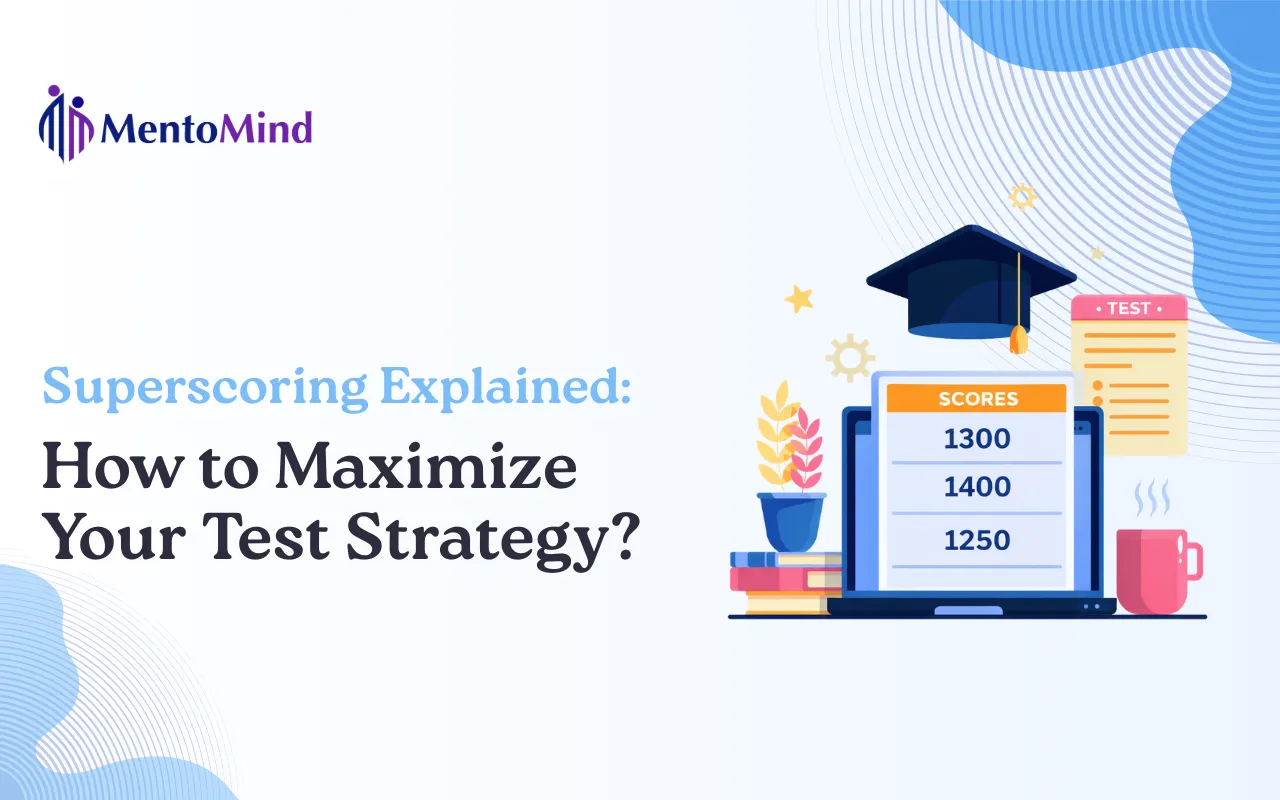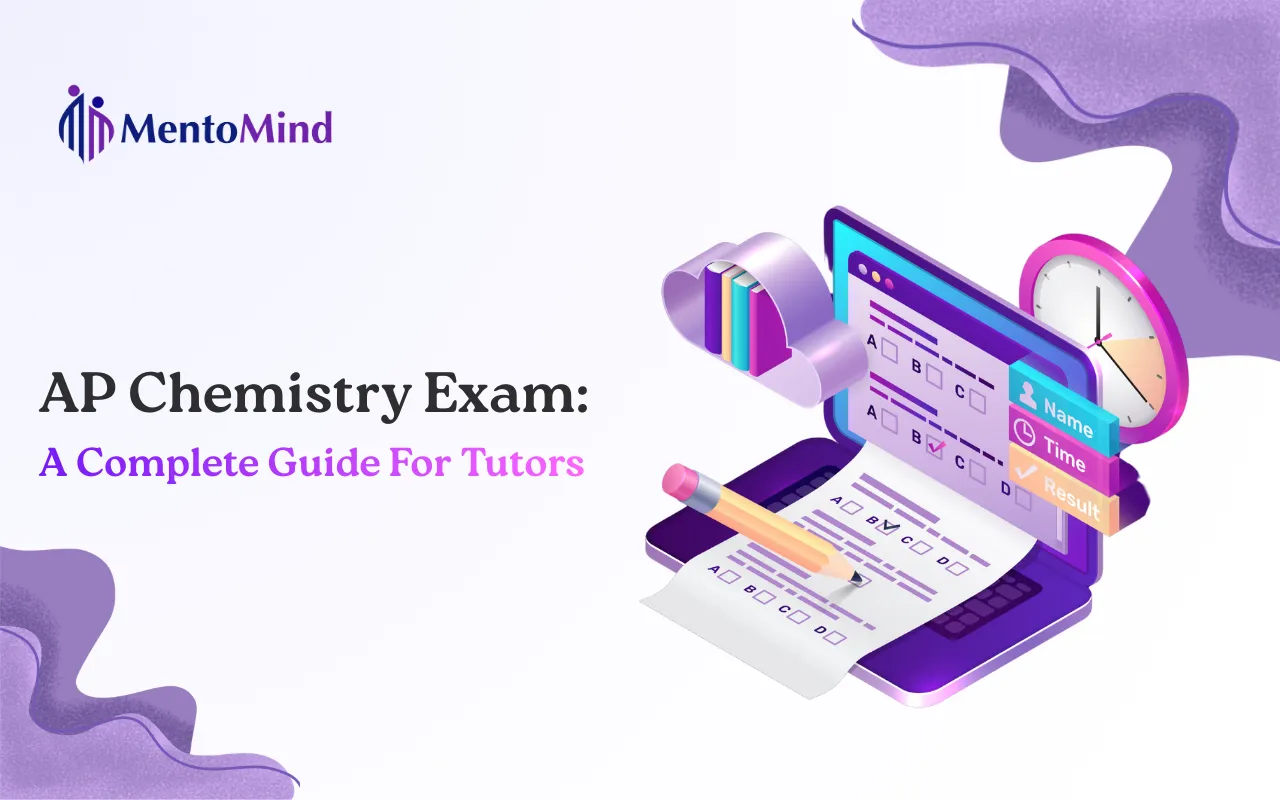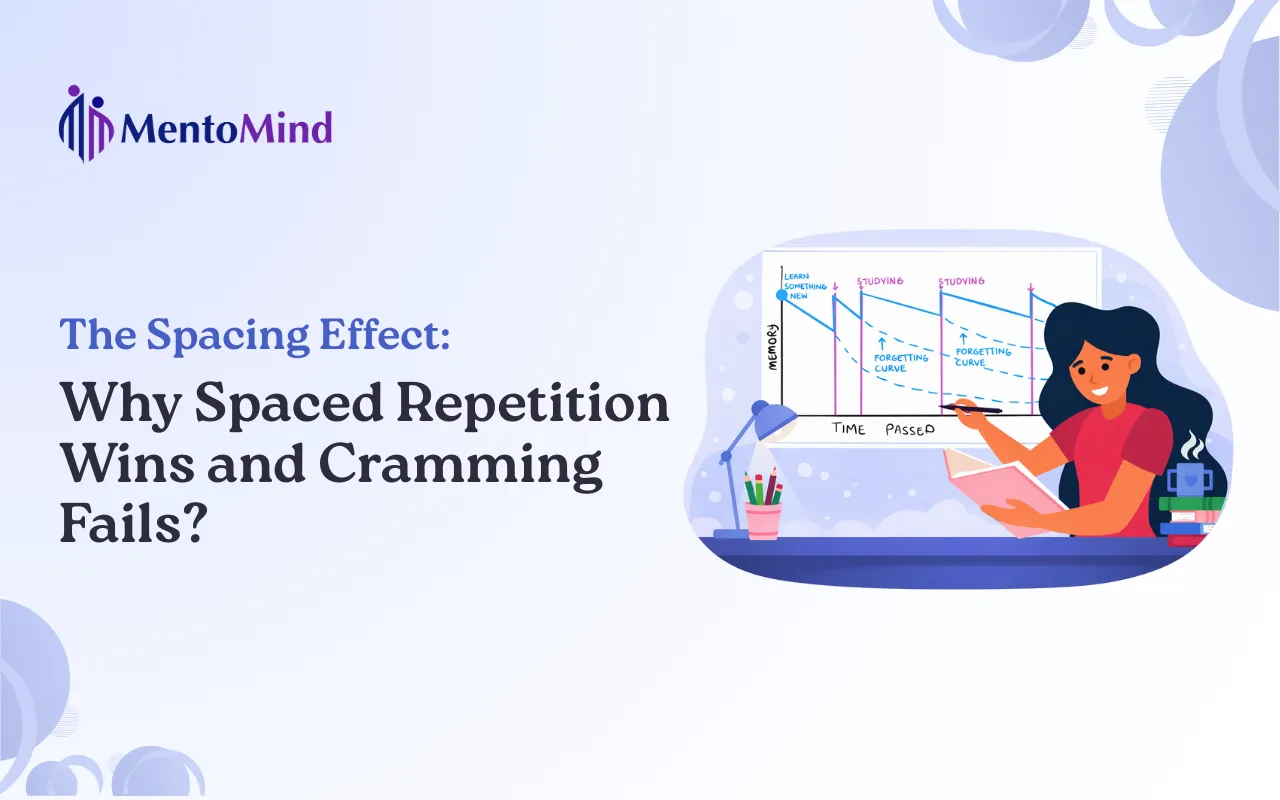Tutors today design complete learning experiences with structured lessons, assessments, and measurable outcomes. As tutoring becomes more digital and global, the tools you use to organize and deliver teaching matter as much as your teaching skills themselves.
With dozens of platforms claiming to be the best course builder for tutors, choosing the right one can feel overwhelming. This guide walks you through what to look for, how to compare options, and how to find a platform built specifically for educators.
What is the Best Course Builder for Tutors?
The best course builder for tutors offers AI-powered content generation, structured topic organization, built-in assessments with auto-grading, student progress analytics, and monetization—all designed specifically for educational content, not just video hosting.
Why Course Builders Matter for Modern Tutors?
The shift from scattered worksheets to structured digital courses helps you:
- Scale your teaching: Reach multiple students without scheduling conflicts
- Track learning outcomes: Identify exactly where students struggle
- Save preparation time: Reuse and organize materials systematically
- Monetize expertise: Package knowledge into sellable courses
- Maintain quality: Deliver consistent learning experiences
A course builder isn’t just a hosting platform. It’s your teaching infrastructure.
Define Your Teaching Goals Before Choosing a Platform
Identify whether you need self-paced courses, live class enhancement, or hybrid models, then match platform features to your specific subject and teaching workflow.
Before exploring platforms, clarify what you actually need. Every tutor has a unique workflow, and your course builder should support that rather than force you to change how you teach.
Questions to Ask Yourself
Subject-Specific Needs:
- Do you teach test prep (SAT, ACT, AP, GRE, GMAT etc) requiring extensive practice questions?
- Do you focus on K–12 or college academic subjects needing structured topic hierarchies?
- Do you teach professional skills or certification courses requiring project assignments?
Delivery Model:
- Self-paced courses students complete independently?
- Live class enhancement with homework and assessments?
- Hybrid approach combining both
Assessment Requirements:
- Need auto-graded quizzes and practice questions?
- Require difficulty progression tracking (Beginner → Mastery)?
- Want AI-generated question banks?
Student Management:
- Teaching individual students or entire classes?
- Need assignment distribution at individual and class level?
- Require detailed progress analytics?
Once you’re clear on these, identifying the right platform becomes straightforward.
Key Features That Define the Best Course Builder for Tutors
Look for AI content generation, structured organization, flexible assessments with auto-grading, detailed student analytics, and monetization options—not just video hosting.
AI-Powered Content Generation
The best platforms help you create content, not just upload it.
What to look for:
- AI-generated topic hierarchies
- Automated question generation with image support
- Smart content structuring based on your description
Why it matters: Reduces course creation time from weeks to hours.
Structured Content Organization
You need more than folders. You need learning paths.
What to look for:
- Hierarchical topic organization
- Drag-and-drop module arrangement
- Logical progression from foundational to advanced concepts
Why it matters: Students need clear navigation, not scattered files.
Flexible Assessment Options
Video hosting isn’t enough. Educators need robust practice tools.
What to look for:
- Practice question banks
- Problem sets
- Practice tests
- Flashcards
- Auto-grading
- Multiple question types
Why it matters: Assessment drives learning outcomes.
Student Progress Tracking
Teaching without analytics is teaching blind.
What to look for:
- Student dashboards
- Class-wide metrics
- Weakness identification
- Difficulty tracking
- Completion rates
Why it matters: Data shows where students need help.
Assignment Distribution
Personalization requires targeted work assignment.
What to look for:
- Class-level assignment distribution
- Individual targeting
- Completion tracking
- Reports
Why it matters: Personalization improves learning.
Brand Control & Monetization
Your course should represent you, not the platform.
What to look for:
- Custom branding
- Monetization models
- Private link sharing
- Publish/unpublish control
Why it matters: Presentation builds trust.
What Makes MentoMind the Best Course Builder for Tutors
MentoMind was designed for tutors who teach, not just sell videos—featuring AI-generated course structures, systematic practice question banks, difficulty progression tracking, and learning analytics.
AI-Powered Course Creation:
- Generate topic hierarchies
- Create practice questions with image support
- Build question banks with difficulty levels
- Review and edit AI-generated content
Systematic Assessment Framework:
- Practice Questions
- Problem Sets
- Practice Tests
- Flashcards
- Assignments
Learning Analytics:
- Track progress from Beginner → Mastery
- Identify struggling topics
- Monitor completion rates
- Generate reports
Flexible Course Management:
- Publish courses
- Keep courses unpublished
- Share via private links
- Set freemium, paid, subscription, or bundle models
Real Success Story: Geeksure
Geeksure transformed their static AP worksheets into interactive, trackable courses using MentoMind. This allowed them to:
- Pinpoint weaknesses instantly
- Streamline grading
- Save prep time
- Track progress by difficulty
How to Choose: 5-Point Decision Framework
Evaluate platforms on AI content generation, assessment depth, analytics quality, collaboration features, and cost-to-value.
Content Generation & Organization
- AI topic structuring
- Automatic question generation
- Hierarchical organization
- Multi-format uploads
Assessment & Practice Tools
- Robust banks
- Difficulty levels
- Assessment types
- Auto-grading
Analytics
- Individual progress
- Class metrics
- Weakness identification
- Difficulty tracking
Student Management
- Class and individual assignments
- Multiple instructors
- Communication
Monetization
- Custom branding
- Pricing models
- Visibility controls
- Affordable plans
If you answered yes to 15+ points: strong platform.
If yes to 20+: likely the best option.
Making Your Final Decision
The best course builder for tutors prioritizes educational features like AI content generation, systematic assessments, difficulty progression, and learning analytics, helping you teach better while saving preparation time.
The right course builder amplifies your teaching style, reinforces your brand, and helps you reach more students without losing the personal touch that makes tutoring effective.
Whether you’re designing test-prep modules or complete academic programs, choose a platform that:
- Generates content with AI to save time
- Organizes practice systematically by difficulty
- Tracks student learning with detailed analytics
- Supports your specific teaching workflow
- Scales with your tutoring business
MentoMind was built specifically for this purpose: combining AI-driven structuring with systematic assessment and deep learning analytics to serve as a complete environment for modern educators.
Ready to Build Your First Course?
If you want to organize teaching materials, create AI-assisted lessons, and deliver structured learning experiences with measurable results, start building your first course today with Mentomind.
Course Builder Glossary
- Course Builder: Software platform that helps educators structure, create, and publish online courses without technical expertise, focusing on content organization and delivery.
- Topic Hierarchy: The organizational structure of a course including subjects, categories, topics, and subtopics that create logical learning paths for students.
- Difficulty Progression: Structured advancement through learning levels (typically Beginner, Intermediate, Advanced, Mastery) that tracks student skill development systematically.
- Practice Question Bank: Centralized repository of questions organized by topic and difficulty level that students access for self-paced practice and skill building.
- Auto-Grading: Automated assessment scoring that provides instant feedback to students and reduces manual grading time for instructors.
- Learning Analytics: Data insights showing student performance, completion rates, topic weaknesses, and progress patterns that inform teaching decisions.
Frequently Asked Questions
A course builder is a software platform that helps educators structure, create, and deliver online courses. The best course builders for tutors include features specifically designed for education like AI question generation, difficulty progression tracking, and student analytics rather than just video hosting.
A course builder focuses on creating and organizing course content, while a learning management system (LMS) typically includes broader school administration features like enrollment, grading systems, and compliance tracking. Tutors usually need course builders, not full LMS platforms.
No. Modern course builders designed for tutors use AI chat interfaces to generate topic structures and drag-and-drop tools for organization. You can create courses by describing what you want and uploading your existing materials; no coding or design skills required.
With AI-assisted platforms, expect 2-3 days total: 1-2 hours for AI-generated structure, 2-5 hours for content upload or generation, 2-4 hours for organizing assessments, and 1-2 hours for preview and refinement.
Yes. Upload PDFs, worksheets, documents, and images. The best platforms also let you generate additional practice questions using AI to supplement your existing materials.
Course builders work for any subject. MentoMind supports test prep (SAT, ACT, AP, GRE, GMAT, LSAT), K-12 academic subjects, college courses, professional certification prep, and any educational content requiring systematic practice and assessment. Subjects needing extensive question banks and progress tracking benefit most from education-focused platforms.
Pricing varies widely across platforms. Evaluate cost against features that directly support your teaching workflow ;AI content generation, assessment tools, and analytics are worth paying for if they save preparation time and improve learning outcomes.
Yes. The hybrid model is common; use self-paced courses for independent learning and offer premium live sessions for personalized help. Course analytics identify which students need additional live support.
Assessment and analytics. Video hosting is easy, but robust practice question banks, auto-grading, difficulty progression, and student weakness tracking are what actually drive learning outcomes. Choose platforms that prioritize educational features over marketing tools
Look for education-specific features: AI question generation, difficulty level tracking, topic-based question banks, student progress analytics, and assignment distribution. Platforms built for tutors prioritize learning outcomes and assessment tools. General course platforms focus on video hosting, sales funnels, and marketing automation instead of educational features.



